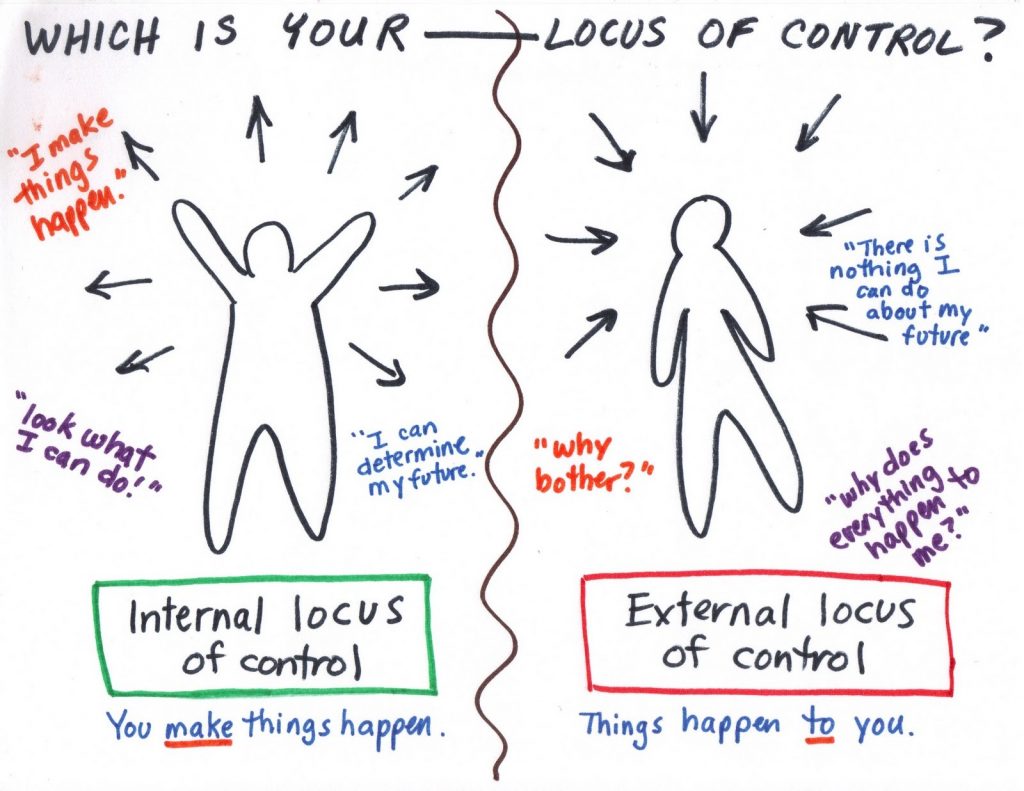What do Steve Jobs, Serena Williams, James Cameron (Director of Titanic) and Leonardo Da Vinci, have in common? Apart from being talented stars in their respective fields, they are known as “Perfectionists”. Whether it’s arts, business, music, sports, technology innovation, these exceptional achievers do not rely only on talent. They are beyond their talent.
They are in a good way – “ sick in the head”
sometimes, also being obsessed with quality and perfection. It reminds me of the quote:-

Perfectionists Fear Failure
Psychologists have been studying ‘Perfectionism’ since eons now; focusing on its amazing creative feats as well as its destructive features.
Joachim Stoeber – Professor of Psychology at University of Kent described perfectionism as “… a personality trait characterized by striving for flawlessness and setting exceedingly high standards of performance accompanied by overly critical evaluations of one’s behavior.”
Although there are a zillion definitions, its central characteristic is an outsized concern about making mistakes. Consequently, perfectionists are driven by their own fear of failure that forces them to achieve things which others can’t. This is what psychologists have described as “an adaptive manifestation of the impostor syndrome” i.e. because they think that they aren’t as good as they actually are, they invest a great deal of energy, time, and effort in whatever tasks they perform.
Friedrich Nietzsche and Alfred Adler both described this phenomenon as ‘Inferiority Complex of greatness’. They reasoned out that behind every extraordinary achievement, there’s a sense of inferiority, insecurity, self-doubt and the feeling that “I am yet not good enough”. Success in a project is just an antidote to these unpleasant emotions.
Wasted Perfectionism
Perfectionism does not always guarantee a flawless result, perfectionism, and intellectual achievements. If perfectionism is not coupled with right ambition, goals, desires, it may lead to “procrastination” and even eating and substance abuse disorders. Just like everything else, too little or too much perfection may not be an ideal situation, but just the balanced amount can be a huge advantage.
There’s also “Neurotic Perfectionism” that needs to be watched out. Various studies have indicated that perfectionism coupled with stress, worry and neuroticism is a lethal combination. These people, even after delivering the substantial result on the table, highly doubt themselves and fall into the trap of unhealthy self-criticism and hate
Internal or External Locus of Control
There’s a better predictor of understanding what “good perfectionism” is and what is “bad perfectionism”. It is in understanding “who is watching”. If perfectionism is rooted from outside, i.e. trying not to disappoint others and rather please external environment, it may not necessarily lead to superior performance. Whereas, when perfectionism is rooted from within, i.e. being fixated on getting better than before, leaving no stones unturned to achieve a flawless result, beating one’s personal bests and working to improve, then the performance and well-being are generally positive.

So in a nutshell, perfectionists are better off when they are their own worst critics (not with neurotic ones). This self-oriented perfectionism keeps them working on the tasks with more energy and effort, preventing external deviators such as social anxieties from creeping in.
Surviving in a Perfectly Imperfect World
Finally, perfectionism impacts people in good and bad ways. While ‘healthy perfectionists’ contribute so much to the society by being completely devoted to their work or cause or ideology or even creating a product that may revolutionize the way we operate. But, at the other hand, their intimate relationships with their families, peers, and close ones may suffer because of their madness towards their work and not being able to devote time and effort to their loved ones.

In this age when so much is being talked bout how to overcome work stress and attaining work-life balance, it should be noted that all exceptional achievers are proud workaholics. They made the most significant progress for the society, impacting everyone’s lives and being remembered as legends. Those who boast about work life balance and great management skills may not be remembered like the way these “sick in the head” perfectionists are or will.
So while it may sound selfish, but humanity will probably lose a great deal if we find a cure for perfectionism.
______________________________________________________________
What are your thoughts? Share in the comments section:-








Share This
Share this post with your friends!